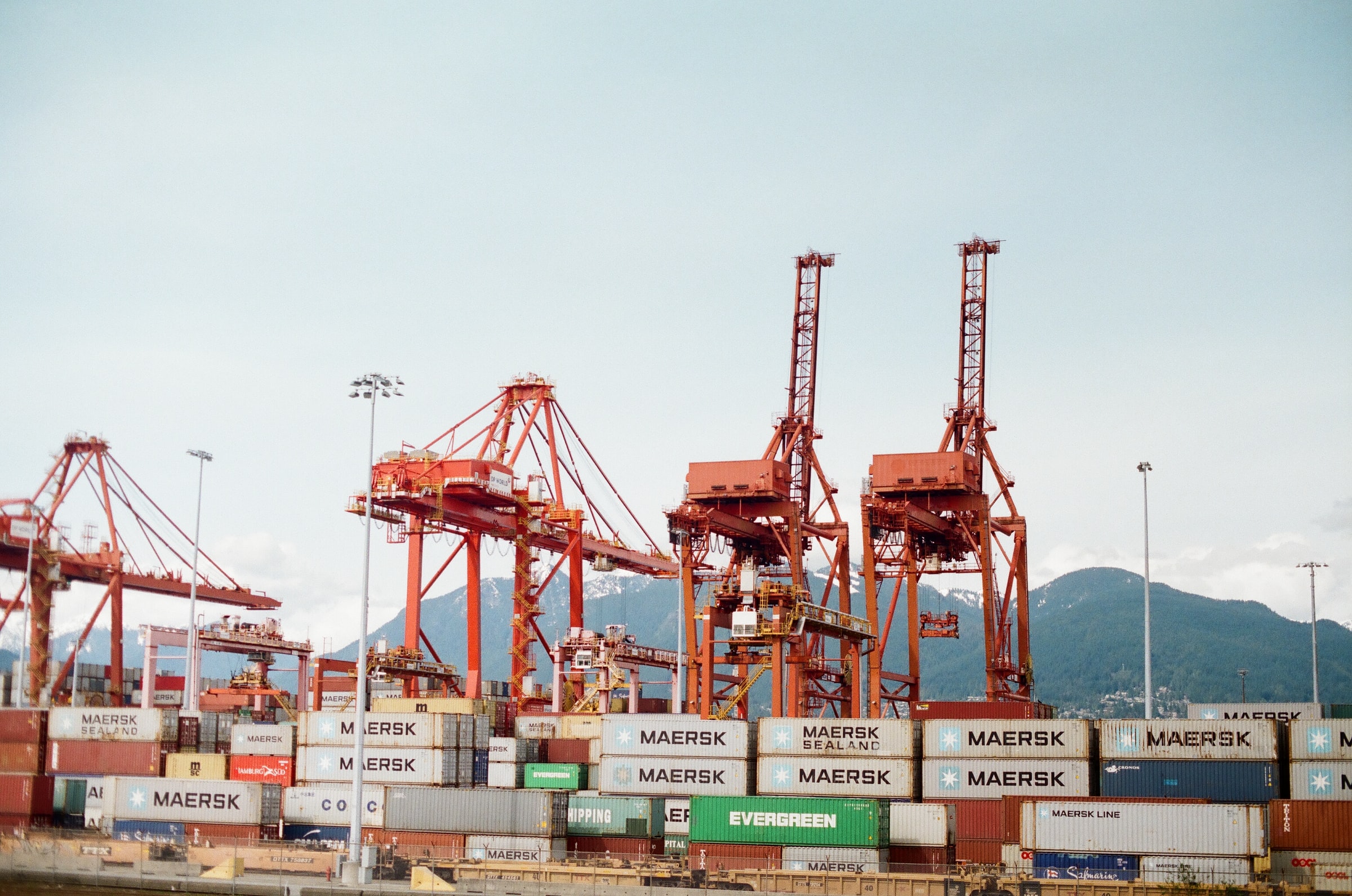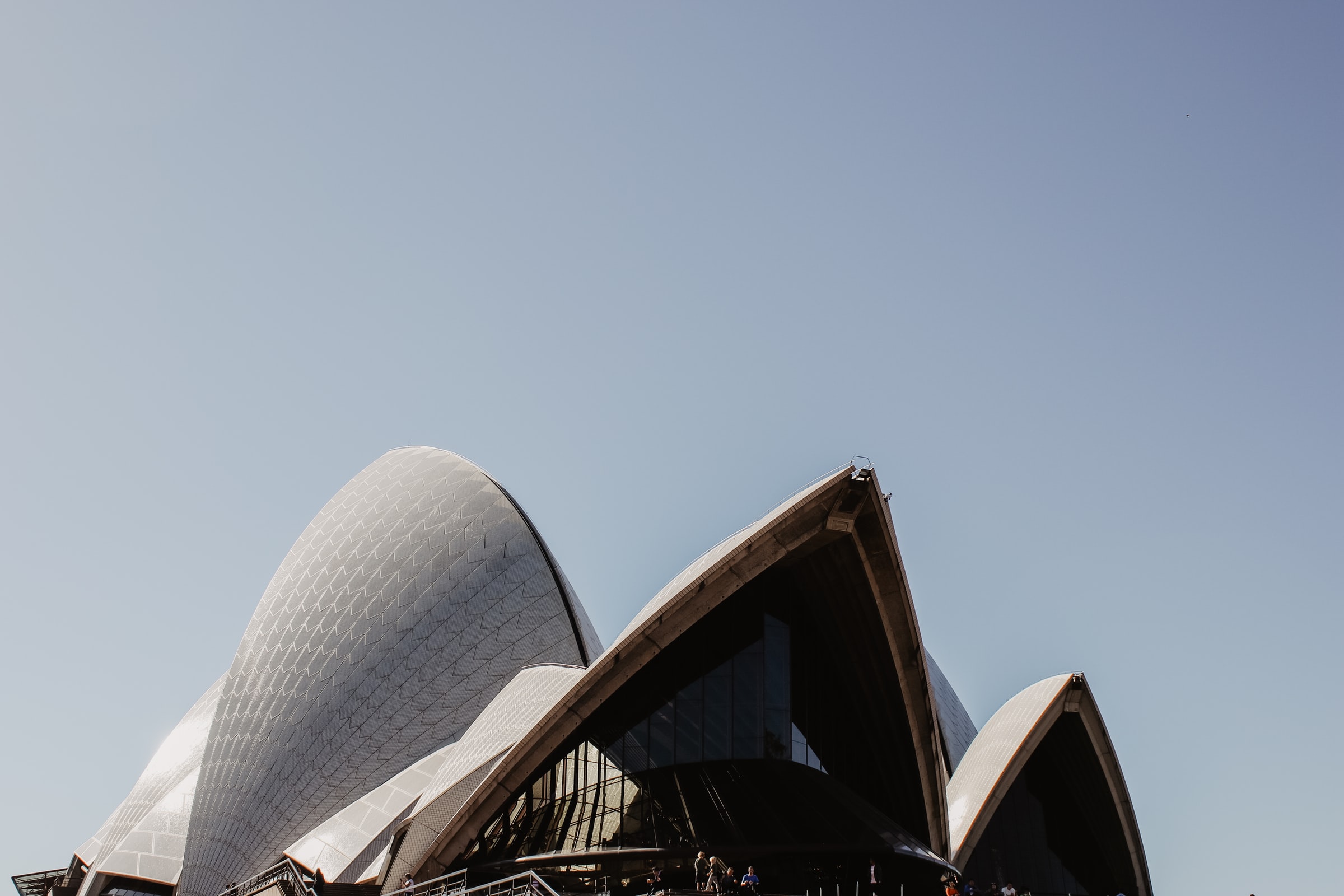Maple Finance – a DeFi startup focusing on institutional lending with top-notch conditions for collateral has recently finished their seed round.
The platform will not change their rates, bringing an interesting approach to the budding DeFi industry.
However, they may make special offers for institutional customers in good standing.
The seed round for the platforms MPL governance token – which brought in revenues of about $1.3 million – was done with Framework Ventures, FTX, Aave founder Stani Kulechov, Synthetix founder Kain Warwick, FBG, The LAO and many other investors.
Ready For Kick-Off
Sidney Powell – the co-founder and CEO of Maple Finance – commented on the establishment of his company with over $15 billion worth of assets ready to be used for DeFi loans and more.
“What we’re allowing is top institutions with solid balance sheets, sound reputations and strong cash flows soon being able to access capital-efficient finance, which enables further growth and adoption of crypto globally.”
The company has expressed its interest in serving crypto-native organizations – Decentralized Autonomous Organizations (DAO) for instance. As some of these firms don’t have traditional legal structures, investors and customers may have a harder time connecting with these firms – and that’s where decentralized finance institutions like Maple come in.
The company will split its assets up into pools – with a Pool Delegate in charge of each. These pools will be organized in categories like world regions, risk profiles, and more. Each Pool Delegate will supervise a pool where their expertise on a certain subject will be most helpful.
In order to demonstrate their business model, the first pool will soon go live – and offer limited funds within the $1-2 million range. The total amount of funds in the lending pool will be between $10 and 15 million.
With yet another up and coming decentralized financial institution, Australia continues down the path of becoming a regional – and hopefully global – blockchain superpower.









